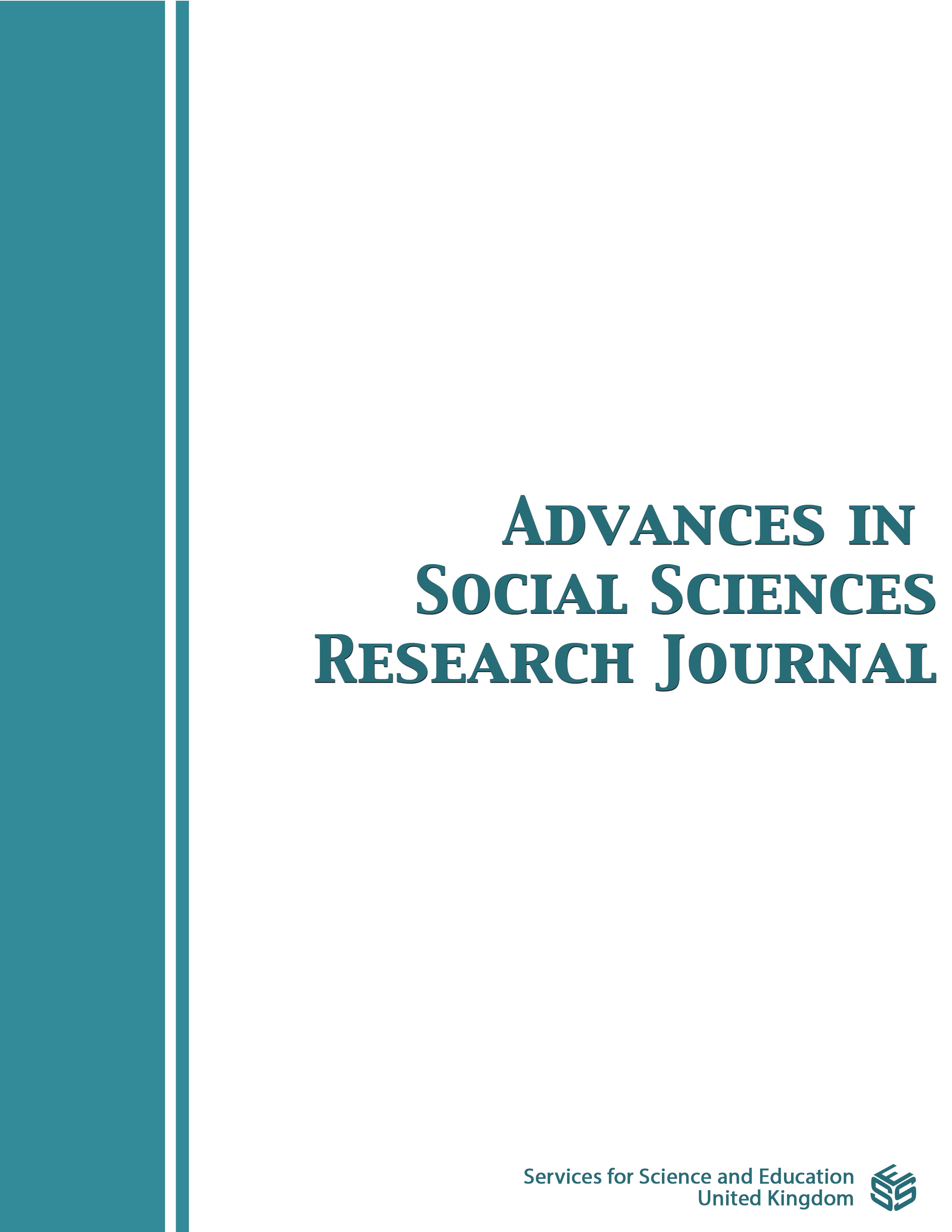Acceptance of Covid-19 Vaccination: Perspectives of an Urban Community in Ghana
DOI:
https://doi.org/10.14738/assrj.106.14849Abstract
Since the start of the COVID-19 pandemic, research on the adoption and spread of the COVID-19 vaccination has been conducted all over the world. However, studies on the spread of the COVID-19 vaccine and its subsequent acceptance have received little attention in Ghana. This study investigated how the general population reacted to the Government of Ghana's COVID-19 vaccination diffusion strategy as well as the motivating factors for its acceptance. In-depth interviews with thirty (30) purposefully selected respondents were conducted. The interview data were thematically analysed. Themes that emerged from the analysis included: conspiracy theory, vaccine as free lunch, misconception about susceptibility of COVID-19, misinformation and public education and lack of trust in the Government and the health system. The study's findings show that reluctance to receive vaccine is a significant obstacle to establishing effective vaccination efforts during the pandemic. We conclude that conspiracy theory, vaccine as free lunch, misconception about susceptibility of COVID-19, misinformation and public education and lack of trust in the Government and the health system as factors resulting in vaccine hesitancy. The study's conclusions can also give the Ghanaian government ideas for approaches to adopt in order to allay respondents' worries. This may significantly lessen vaccine hesitancy among Ghanaians.
Downloads
Published
How to Cite
Issue
Section
License
Copyright (c) 2023 Akosua Asantewaa Anane, Bismark Odum-Sackey, Yvonne Dedzo

This work is licensed under a Creative Commons Attribution 4.0 International License.
Authors wishing to include figures, tables, or text passages that have already been published elsewhere are required to obtain permission from the copyright owner(s) for both the print and online format and to include evidence that such permission has been granted when submitting their papers. Any material received without such evidence will be assumed to originate from the authors.






